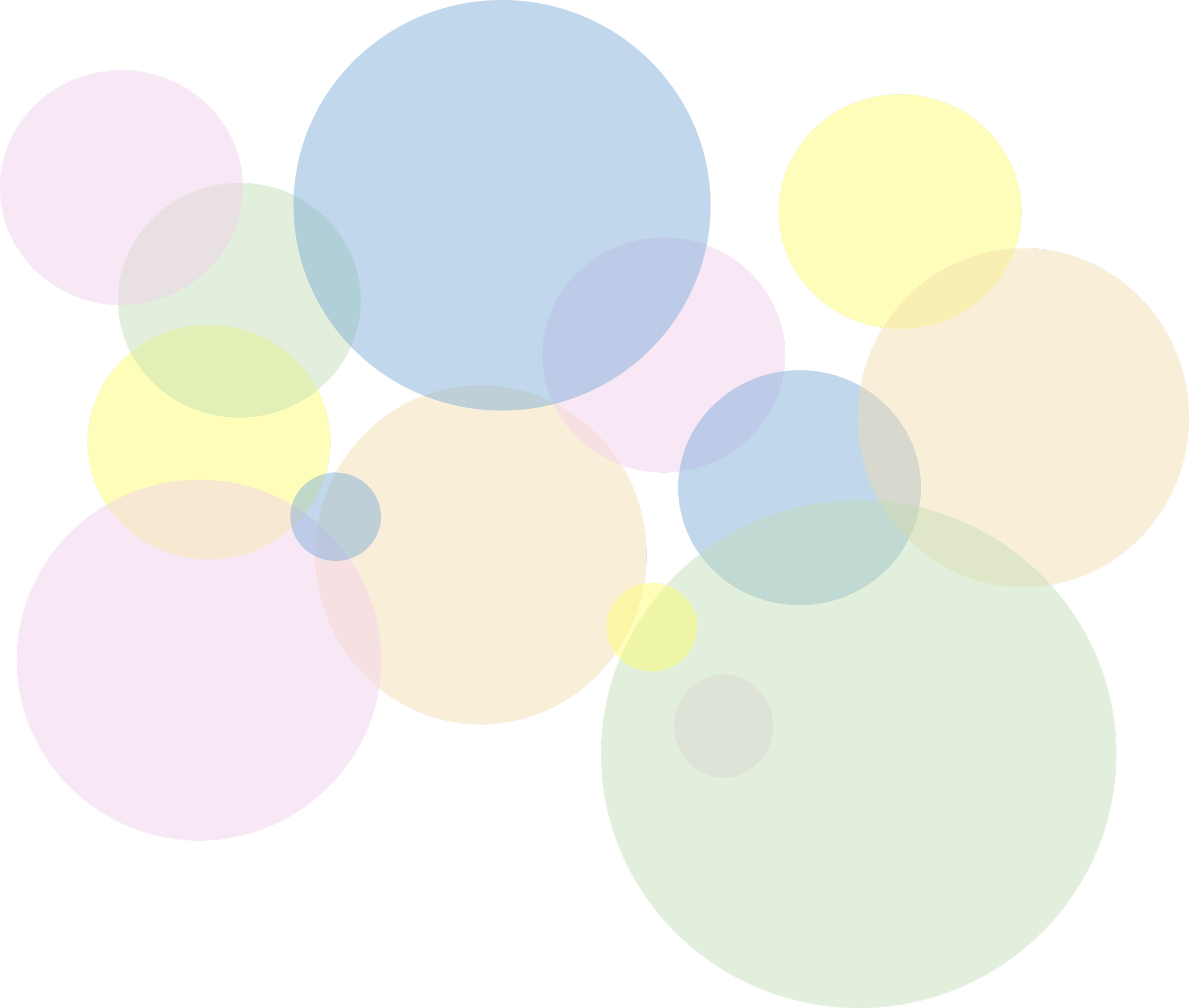
Types of Articles
Quizzes are provided for each section. Feel free to take them as many times as needed.
Definite Article (The) — Used when talking about a specific person, place, or thing known to the listener.
I saw the movie you recommended.
She opened the window to let in fresh air.
He’s reading the book we talked about.
Indefinite Article (A / An) — used to refer to a general or non-specific person, place, or thing mentioned for the first time.
I need a pen to sign this.
She saw an elephant at the zoo.
He bought a sandwich for lunch.
Zero Article (Special Case) - When no article is used — often with proper nouns, plural nouns, or uncountable nouns when speaking generally or using plural nouns, or uncountable nouns..
The meeting starts at noon.
We will travel in December.
She was born on a Monday
Articles Are Used When...
(No article is used. It’s not an option.)
I like music.
➤ Talking about something in general (uncountable noun).She goes to school every day.
➤ "School" is used as a place of purpose, not a specific building.He is president of the club.
➤ Titles do not need an article when describing a role or position.We had breakfast at 8.
➤ Meals like breakfast, lunch, and dinner usually don't take articles in general use.Lions are dangerous animals.
➤ Referring to a whole group or category (general statement using plurals).
Articles May or May Not Be Used When...
(The article depends on how specific the noun is.)
I saw a dog in the park.
➤ "A" is used because it’s not a specific dog — it could be any dog.I saw the dog we talked about.
➤ "The" is used because it refers to a specific dog already known.She plays the piano.
➤ We use "the" with instruments when talking about them as categories.She plays piano beautifully.
➤ No article when describing the skill in general.I read it in a newspaper.
➤ "A" is used when it’s any newspaper, not a particular one.I read it in the newspaper.
➤ "The" is used when both the speaker and listener know which one.
































